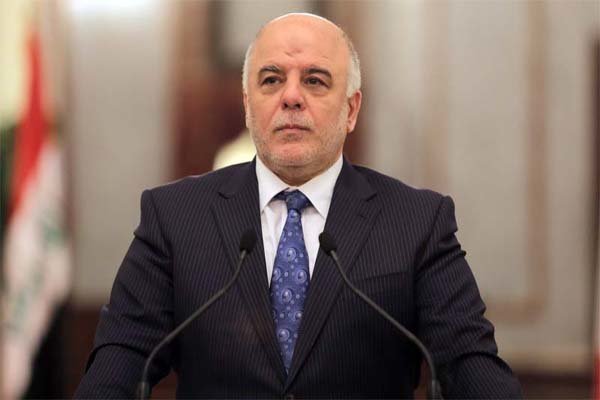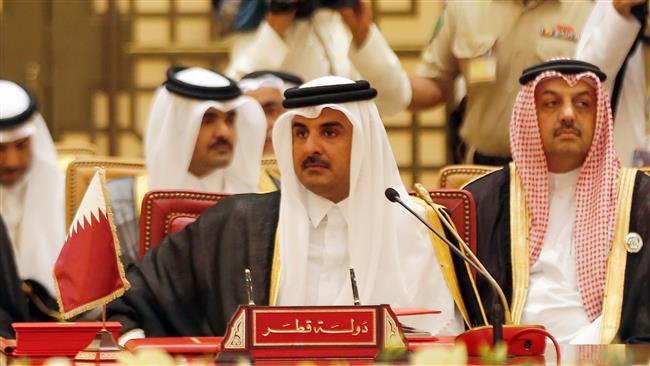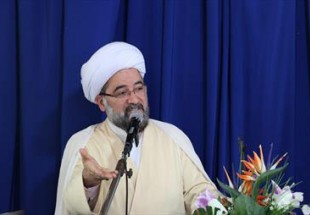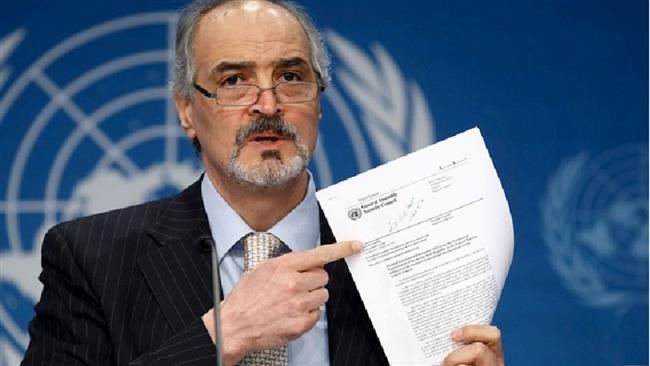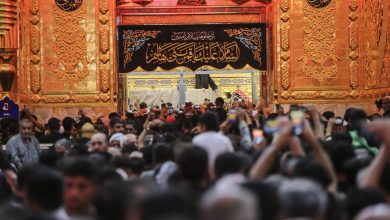Japan marks 71st anniversary of Hiroshima atomic bombing
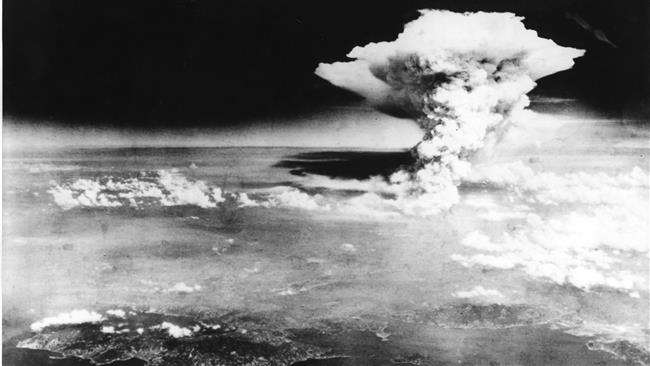
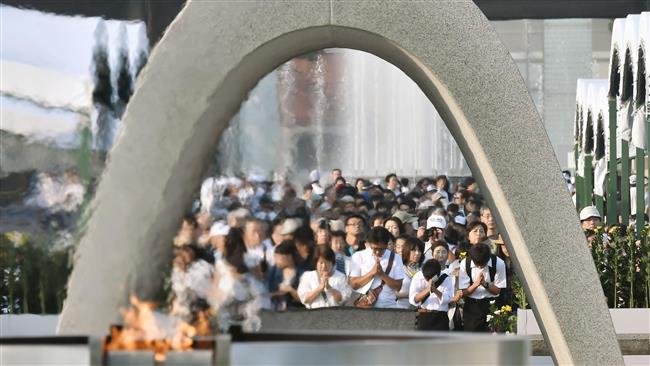
Japan has marked the 71st anniversary of the US military’s deadly atomic bombing of the western city of Hiroshima, which still bears the scars of the disaster.
A peace bell tolled at 8:15 a.m. local time on Saturday (2315 GMT on Friday), the time a US B-29 bomber called the Enola Gay dropped the uranium bomb that exploded some 600 meters (1,800 feet) above the city.
About 50,000 took part in the memorial service and held a moment of silence for the tragedy in Hiroshima.
During the memorial ceremony, Mayor Kazumi Matsui renewed calls for a nuclear weapons free world, urging countries with such arms to “have the courage to escape the logic of fear, and pursue a world without them.”
He further recalled a recent visit by US President Barack Obama to Hiroshima and called on world leaders to make similar visits to the sites of the disaster, saying such trips “will surely etch the reality of the atomic bombings in each heart.”
“It is the time for us to make actions towards the abolition of the ‘absolute evil’, the ultimate form of inhumanity, united and with passion,” he added.
The mayor further warned Japanese Prime Minister Shinzo Abe against his controversial push to revise the country’s pacifist constitution that would allow the military to engage in wars overseas for the first time since the World War II.
On August 4, Japan released previously-undisclosed of footage showing the immediate aftermath of the tragedy in Hiroshima and Nagazaki.
The video, which was filmed by troops of the former Soviet Union, was donated to Abe by Chairman of Russia’s State Duma Sergey Naryshkin in June.
The Hiroshima bombing on August 6, 1945 claimed the lives of 140,000 people. Some died immediately while others succumbed to wounds or radiation-related illnesses later.
Three days after the incident, the US military dropped a plutonium bomb on the southern port city of Nagasaki, killing more than 70,000 people.
Many of the survivors, whose average age is over 80 now, suffer from long lasting radiation effects.

The handout picture taken on August 6, 1945 by US Army and released from Hiroshima Peace Memorial Museum shows a mushroom cloud from the US atomic bombing of the Japanese city of Hiroshima. ©AFP
The horrible impacts of the bombings made Japan surrender on August 15, 1945, bringing an end to World War II. The blasts also ushered in the Cold War era, a period of heightened tension between the West and the former Soviet Union.
Many in Japan believe that the US nuclear attacks amount to war crimes as they targeted civilians.
Back in May, Obama made a visit to Hiroshima, but he offered no apology for the US bombings.
An association of atomic bomb survivors criticized the US president for his failure to explicitly mention Washington’s responsibility for the bombing during his speech at the Hiroshima Peace Memorial.
